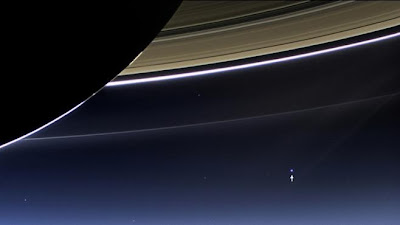Digital Dead on the Move
Pedestrians often complain about drivers, well, driving like lunatics. But the other side of the story (there’s always another side) is the dangers that pedestrians create on the road, thanks to the cellphone! It’s almost as if pedestrians think they have what Donald Evans called The App of Invulnerability : “There was of old a myth or fairytale in which the hero acquired a magic cloak which, though light as gossamer, rendered its wearer invulnerable to weapons. Is there an app we haven’t heard about that bestows invulnerability on its downloader? With that app – surely an Apple product – you can walk through battlefields, and bullets will bend around you, arrows will be repelled, and spears will turn into flowers. Lacking a battlefield, you can ignore all traffic signals as you cross even the busiest of highways. Havoc may reign around you as cars pile up, swerve onto sidewalks, and crash into jersey walls, but no harm will come to you.” That was way back in June, 2012, a
